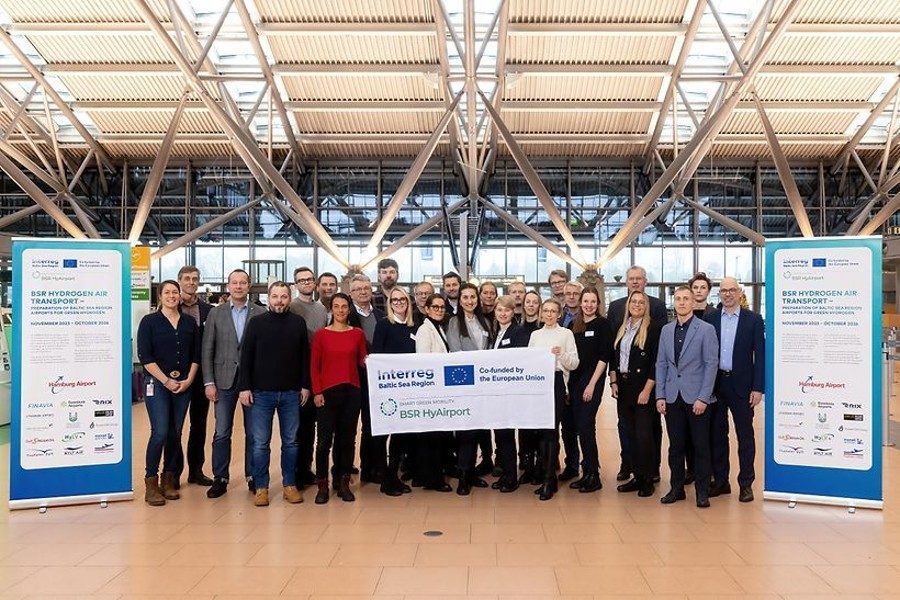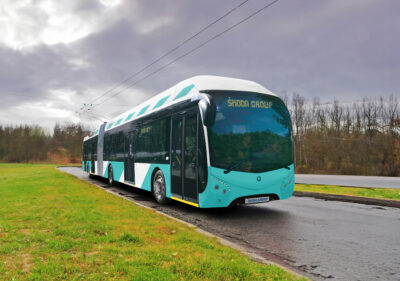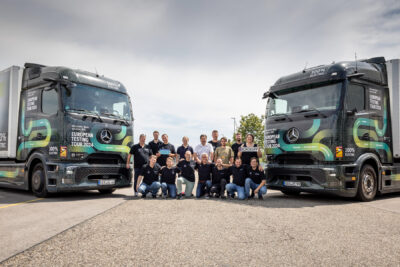Initiative to develop hydrogen aviation in the Baltic Sea region
Sixteen airports, airlines, research institutions and technology companies are part of the project. They come from Scandinavia, the Baltic States, Poland, and Germany and will work with 24 associated partners over the next three years on the further development of aviation. The ‘BSR’ in the project name stands for “Baltic Sea Region.” Almost all major airport operators around the Baltic Sea are part of the partnership, e.g. Finavia, Swedavia, Lithuanian Airports, Riga Airport and Tallinn Airport.
The project was first announced in July 2023. The EU is funding “BSR HyAirport” in the so-called Interreg Baltic Sea Region Programme with a total of around 3.8 million euros, which will be distributed among the various partners, with the total project budget amounting to up to 4.8 million euros. According to previous information, Hamburg Airport will get about 1.1 million euros.
The project partners intend to establish hydrogen technology applications in aviation. “Gaseous green hydrogen is initially well-suited as a fuel for flights over shorter distances, making it particularly suitable for flight connections in the Baltic Sea Region,” Hamburg Airport writes. Regular air traffic with regional aircraft of up to around 80 seats is expected as early as this decade.
According to Hamburg Airport, the participants want to develop, test and evaluate practical solutions to make it easier for airports and airlines to use this key technology. At the same time, they will prepare for challenges such as the storage, handling and supply of green hydrogen. “One of the goals is to facilitate demonstration flights during the project duration between partner airports in collaboration with airlines. This requires project partners to be prepared for the specific requirements of handling hydrogen-powered aircraft,” it says in a statement. The focus will also be on the legal framework, the supply chain (including the local production and transport of hydrogen to the airport), the storage of hydrogen and the refuelling of aircraft. Other H2 use cases at airports – such as ground transport – will also be discussed.
“The BSR HyAirport Project is a significant step for us on our path towards the aviation industry’s energy transition,” says Jan Eike Blohme-Hardegen, Head of the Environmental Department at Hamburg Airport. “There are still many questions to be answered before the regular use of hydrogen. We are glad to do this in close collaboration with partners who are just as committed to finding answers as we are.” With its “Net Zero 2035” project, Hamburg Airport aims for CO2-free ground operations by 2035. Hamburg Airport has also been involved in several national and international projects to introduce hydrogen as an energy source in aviation for some time.
As recently as July 2023, for example, it was announced that Hamburg Airport and Rotterdam The Hague Airport are cooperating to research the feasibility of a flight route between their locations for hydrogen-powered aircraft – the first hydrogen-powered flight will be possible in 2026. Incidentally, Hamburg Airport emphasised in the summer that it is open to all technologies – i.e. supporting aircraft with fuel cell propulsion or combustion hydrogen engines.





0 Comments